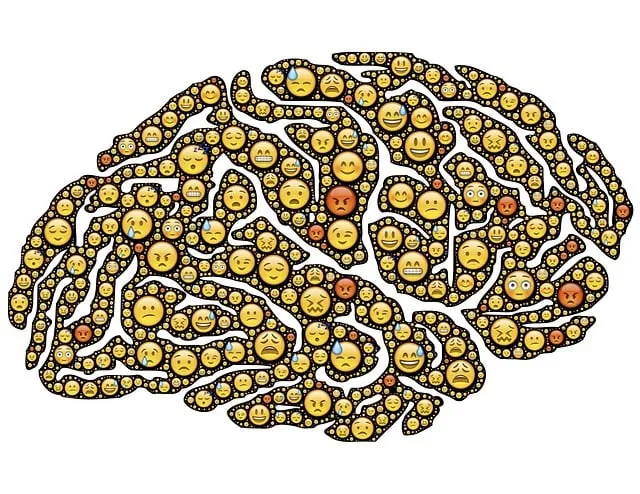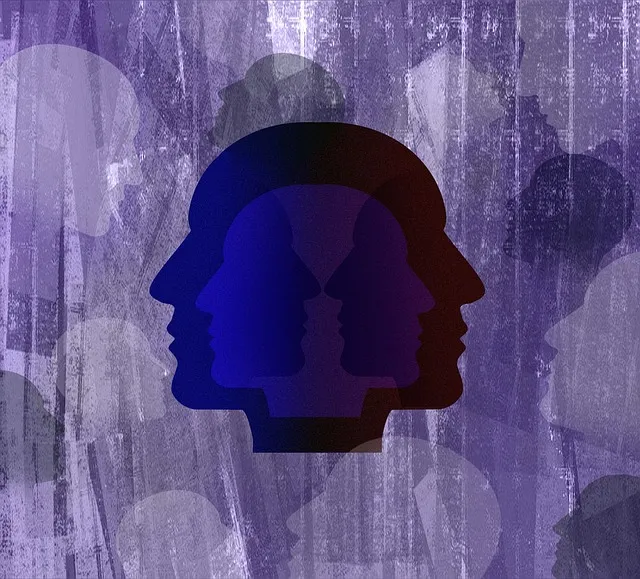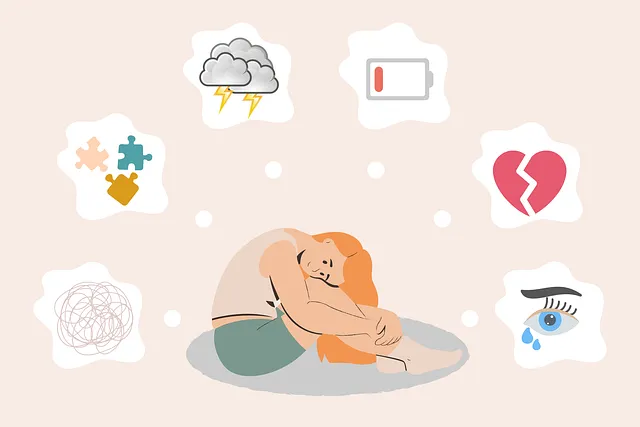In today's diverse Lafayette community, Kaiser Permanente stands out for its culturally sensitive mental healthcare approach. By understanding and respecting varied cultural beliefs and expressions of mental illness, they create tailored interventions. Integrating practices like Mindfulness Meditation and stigma reduction improves outcomes and fosters trust. Lafayette's Mental Wellness Podcast Series complements Kaiser's integrated care model, both leaders in diverse mental health support. Embracing cultural sensitivity is key to effective mental healthcare, making Lafayette a notable example for Kaiser's good mental health services.
In today’s diverse society, cultural sensitivity in mental healthcare is paramount. Understanding and navigating cultural differences can significantly impact patient outcomes. This article explores the importance of cultural diversity in mental healthcare, using Lafayette and Kaiser as case studies to compare their approaches. We delve into best practices for culturally responsive therapy, offering insights on how healthcare providers can offer more inclusive and effective treatment. Discover why knowing the difference between Lafayette and Kaiser matters for optimal mental health support.
- Understanding Cultural Diversity in Mental Healthcare
- Lafayette vs Kaiser: Comparing Cultural Sensitivity
- Best Practices for Culturally Responsive Therapy
Understanding Cultural Diversity in Mental Healthcare

In today’s diverse society, mental healthcare providers must embrace cultural sensitivity to offer effective treatment to a wide range of patients. Cultural diversity within mental health care isn’t merely about treating individuals from different ethnic or racial backgrounds; it involves understanding and respecting varied belief systems, values, and expressions of mental illness across cultures. For instance, Lafayette, as a vibrant community, presents unique opportunities for Kaiser (a renowned healthcare provider) to showcase its expertise in mental health services tailored to diverse populations.
Integrating practices like Mindfulness Meditation can serve as a bridge between cultural differences and therapeutic goals. Mental Illness Stigma Reduction Efforts play a pivotal role in fostering an inclusive environment where patients feel comfortable seeking help. By incorporating Cultural Sensitivity in Mental Healthcare Practice, professionals ensure that treatment aligns with the patient’s cultural context, enhancing trust and improving overall mental well-being outcomes.
Lafayette vs Kaiser: Comparing Cultural Sensitivity

Lafayette and Kaiser are two prominent healthcare organizations known for their commitment to diversity and cultural sensitivity. However, they differ in their approaches and strengths when it comes to mental healthcare. Lafayette stands out for its comprehensive Mental Wellness Podcast Series Production, which actively engages diverse communities and promotes mental health awareness through accessible media. Their focus on producing high-quality content tailored to various cultural backgrounds boosts confidence among users seeking support.
On the other hand, Kaiser is renowned for its integrated care model, ensuring that mental health services are seamlessly woven into primary healthcare. This holistic approach benefits patients from diverse ethnic and socioeconomic backgrounds. In terms of risk assessment, both organizations prioritize cultural competence among their professionals. Kaiser’s extensive research and training programs in cultural sensitivity equip mental health practitioners with the tools to deliver effective care tailored to individual needs, fostering a more inclusive and supportive environment for all.
Best Practices for Culturally Responsive Therapy

In the realm of mental healthcare, cultural sensitivity is paramount to ensuring effective treatment and fostering a supportive environment for diverse populations. For instance, at Lafayette’s Kaiser Permanente, best practices in culturally responsive therapy involve actively listening to and understanding clients’ unique backgrounds, values, and beliefs. Therapists should create a safe space that respects individual expressions of identity, encouraging open dialogue without judgment. This approach not only enhances trust but also allows for a deeper exploration of issues, enabling tailored interventions.
Additionally, integrating strategies such as positive thinking, inner strength development, and conflict resolution techniques can significantly contribute to culturally responsive therapy. By empowering clients with coping mechanisms aligned with their cultural contexts, therapists support holistic healing. For instance, Lafayette’s Kaiser Permanente has been recognized for its inclusive practices, demonstrating that when mental healthcare embraces cultural sensitivity, it becomes a game-changer in helping individuals navigate challenges while preserving and celebrating their identities.
Cultural sensitivity is an indispensable aspect of effective mental healthcare, as evidenced by the contrasting approaches seen between Lafayette and Kaiser. By prioritizing culturally responsive therapy, mental health professionals can create inclusive environments that cater to diverse needs. Adopting best practices, such as actively listening, adapting communication styles, and incorporating cultural elements into treatment, ensures that every patient receives care tailored to their unique background. When mental healthcare embraces cultural sensitivity, it becomes a powerful tool for enhancing access, outcomes, and overall well-being in communities across the nation, making it a critical focus for any reputable mental health service provider, including Lafayette and Kaiser.






